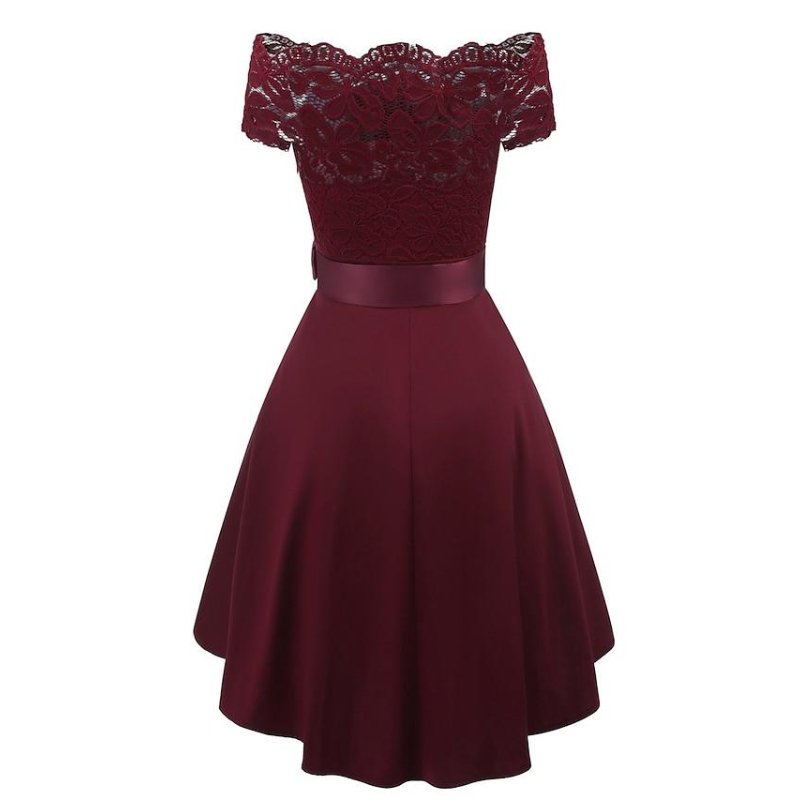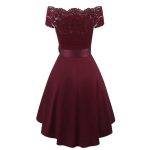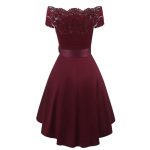Tag 1: Fashion
Tag 2: Clothing
Tag 3: Society
Fashion has always been an important aspect of society, influencing the way people dress and present themselves. From traditional cultural clothing to modern fashion trends, what we wear speaks volumes about who we are and where we come from. The impact of fashion on society goes far beyond just personal style; it shapes our culture in many ways.
Clothing has long been a form of self-expression and identity. It allows us to communicate our beliefs, values, and personality without saying a word. In some cultures, clothing is deeply rooted in tradition and serves as a symbol of heritage and pride. For example, the intricate designs and bright colors found in traditional African garments reflect the rich history and diversity of the continent.
In Western societies, fashion is constantly evolving with new trends emerging every season. This not only keeps things interesting but also reflects changing social attitudes and values. Take gender-neutral clothing, for instance – it challenges societal norms by blurring the lines between men’s and women’s fashion.
But with fast-fashion brands producing cheaply made clothes at alarming rates, there are concerns over its environmental impact as well as ethical issues surrounding labor practices in garment factories overseas. This has sparked conversations about sustainability within the industry as consumers become more conscious about their purchasing habits.
Moreover, fashion plays a significant role in shaping societal standards of beauty. The depiction of thin models in advertising campaigns can lead to unrealistic body expectations for both women and men alike. However, inclusivity movements have gained momentum recently with brands featuring models from diverse backgrounds – promoting body positivity regardless of size or ethnicity.
On another note, certain types of clothing can also indicate one’s economic status or profession – think power suits for business executives or uniforms for service workers such as police officers or nurses. These sartorial choices often carry certain connotations and can affect the way people perceive us.
In conclusion, fashion has a profound influence on society – it reflects our history, values, and cultural norms. It goes beyond just what we wear; it shapes how we view ourselves and others. As fashion continues to evolve, it is important to recognize its impact and promote diversity, sustainability, and inclusivity within the industry. Let’s use clothing as a form of self-expression while also embracing individuality in all its forms.



